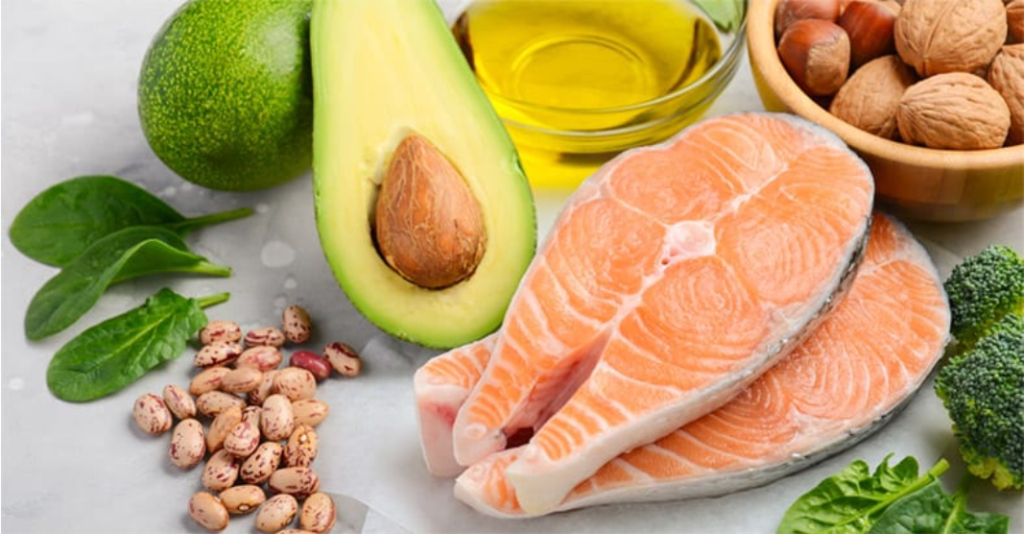Mild traumatic brain injury (mTBI) is one of the many conditions that can accompany a whiplash injury. The term is often used interchangeably with a concussion. While “post-concussion syndrome” and TBI (without the word “mild”) refer to long-term residual symptoms. Symptoms associated with mTBI initially include dizziness, nausea, and headaches followed by slow cognition. This can also include difficulty processing thoughts, losing one’s place during discussions, difficulty with verbal expression, and more. Many mTBI sufferers describe this as a “mental fog.”
Brain Chemicals
Following mTBI, the brain releases various chemicals that help repair damaged neurons and reduce the risk of neurodegeneration. One such chemical is a brain-derived neurotrophic factor (BDNF). One of the best methods for increasing BDNF levels is intense exercise. However, patients are advised to rest and slowly return to their normal activities following an mTBI. Proper nutrition and supplements are necessary to boost BDNF levels. This can include consuming protein-rich foods such as a daily shake made of whey protein or pea and rice protein with added branched-chain amino acids. Research has shown that combining this with 10 grams of creatine monohydrate is important for energy production in the brain. A recommended daily dose of 5000 IU of vitamin D can also assist in raising BDNF levels.
Nutritional Research
The research shows that a high-quality fish oil of up to 4000 mg/day in the first three weeks followed by 2000 to 4000 mg/day for three months can aid recovery. Omega-3 fatty acids (EPA and DHA) can help reduce inflammation from mTBI. The DHA in fish oil helps improve the strength and flexibility of the cell membranes of neurons, while EPA suppresses the production of pro-inflammatory chemicals such as prostaglandins and others.
Studies also support administering glutathione (an antioxidant normally found in our cells), as it reportedly reduces brain tissue damage by an average of 70%. Other helpful options include vitamin C, selenium, niacinamide or B3, N-acetyl-L-cysteine (750-1000mg), broccoli extract, magnesium, curcumin (found in turmeric), and green tea extract.
Your doctor of chiropractic can help guide you in managing your nutritional program following a concussion.


